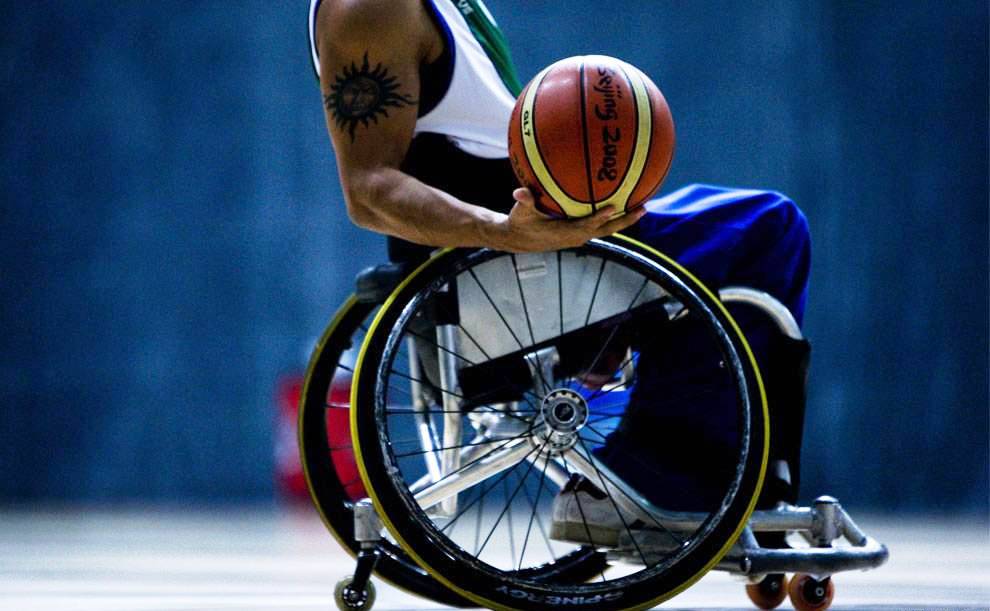
Currently it is natural to people seek the practice of physical exercises with different objectives, since health reasons to aesthetic factors. The active lifestyle is not exclusive to people with no limitations, but for everyone, and different exercises are possible with certain adjustments, for both children, the elderly, but mostly for disabled people.
Recent data released by IBGE indicate that 14.5% of the population has a disability, and 7% (just over 13 million people) have some motor impairment (IBGE, 2010).
The practice of adapted physical exercises, in particular the sports are practiced since ancient Greece, however, strongly disseminated only after the end of World War II, demonstrating her psychic, social and physical benefits (SOUZA, 1994). In Brazil, the story began in 1958 with the purpose of disease prevention and increased functional capacity (Pedrinelli, 1994).
Considering the difficulty of accessibility, low self-esteem and sense of exclusion that was very strong in the past, made the activities for the disabled were enhanced by including them in adapted sports, thereby improving their functional capacity, quality of life, emotional well-being, among other benefits while minimizing the negative factors (NAHAS, 2006).
Thinking about the psychological state, the practice of adapted activities, and sports or not, they offer major benefits because it is a challenge to overcome their own limits (Duarte and LIMA, 2003), within their means, with the help of a good evaluation physical preceding practice.
Teodoro et al. (2014), sought in their study, comparing two groups of disabled people where one was physically active and one inactive. The researchers obtained significant differences with respect to pain and discomfort, where practitioners of physical exercises demonstrated feel minor discomfort with respect to sedentary, a result also found by Souza (2009), which reports the analgesic effect of exercise for this population.
With respect to energy and fatigue, the physical exercisers showed more willingness therefore less fatigue during practice, which can be explained by the exercise allow a deeper sleep and regeneration overnight (MELLO et al., 2005).
The results of psychological factors were also higher in practicing adapted physical exercises. Physical activity practices assist in the production of hormones responsible for the well-being feeling and combat depression, such as endorphins and catecholamines (Fischinger 1984).
Considerations
The physical exercise is a powerful tool for improving the quality of life of people with disabilities therefore enables better self-esteem, disease prevention, social integration, improved emotional relationship, and allows the practice of sports at the level competitive.